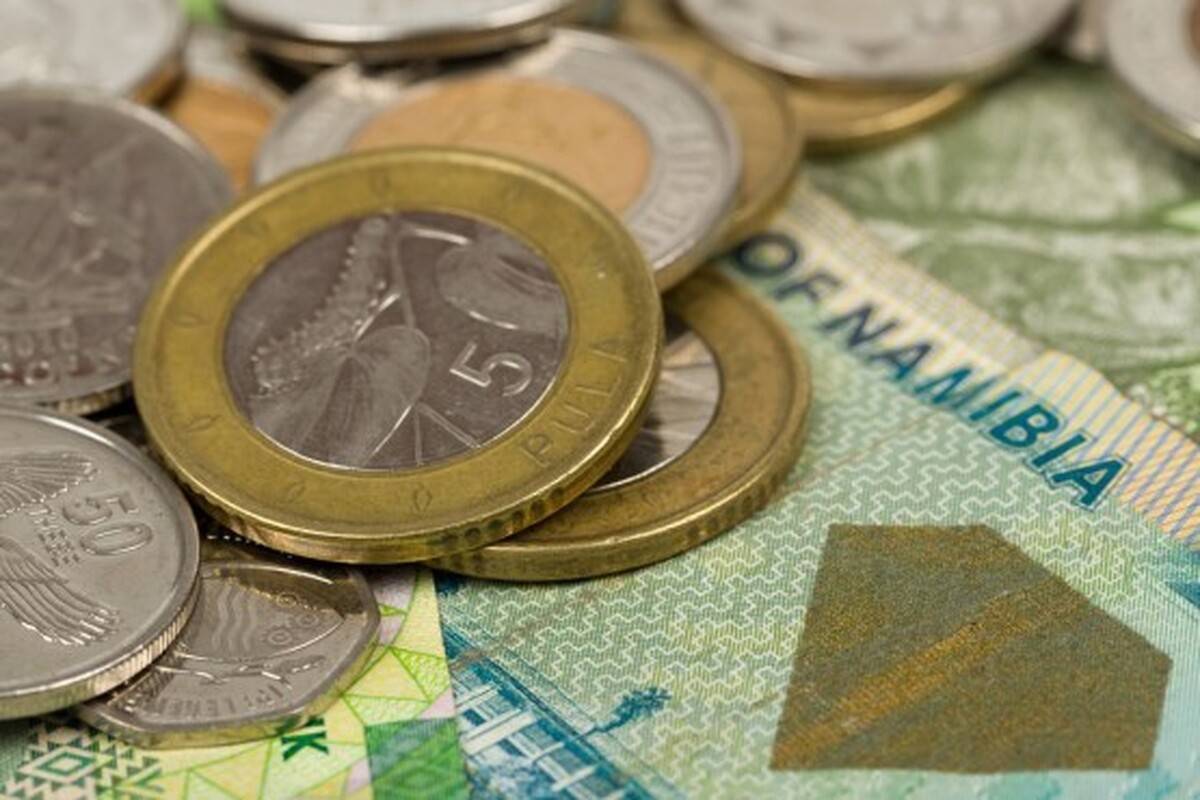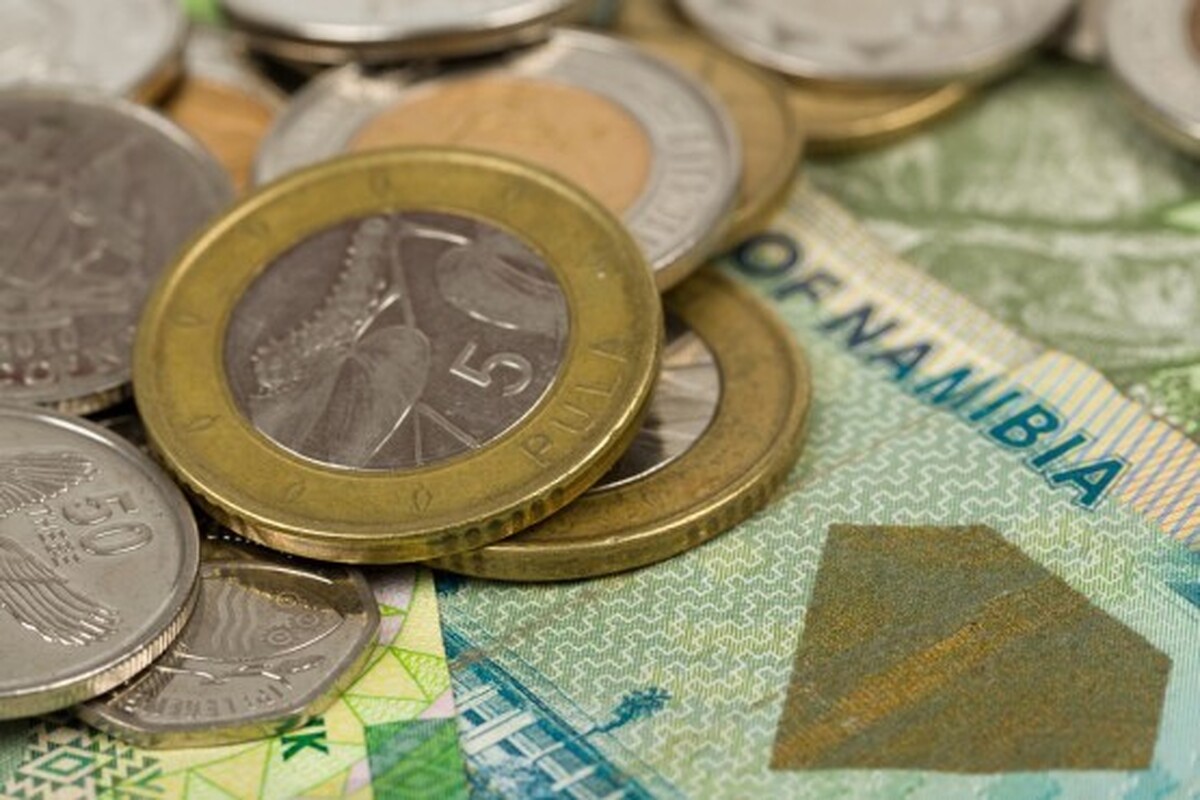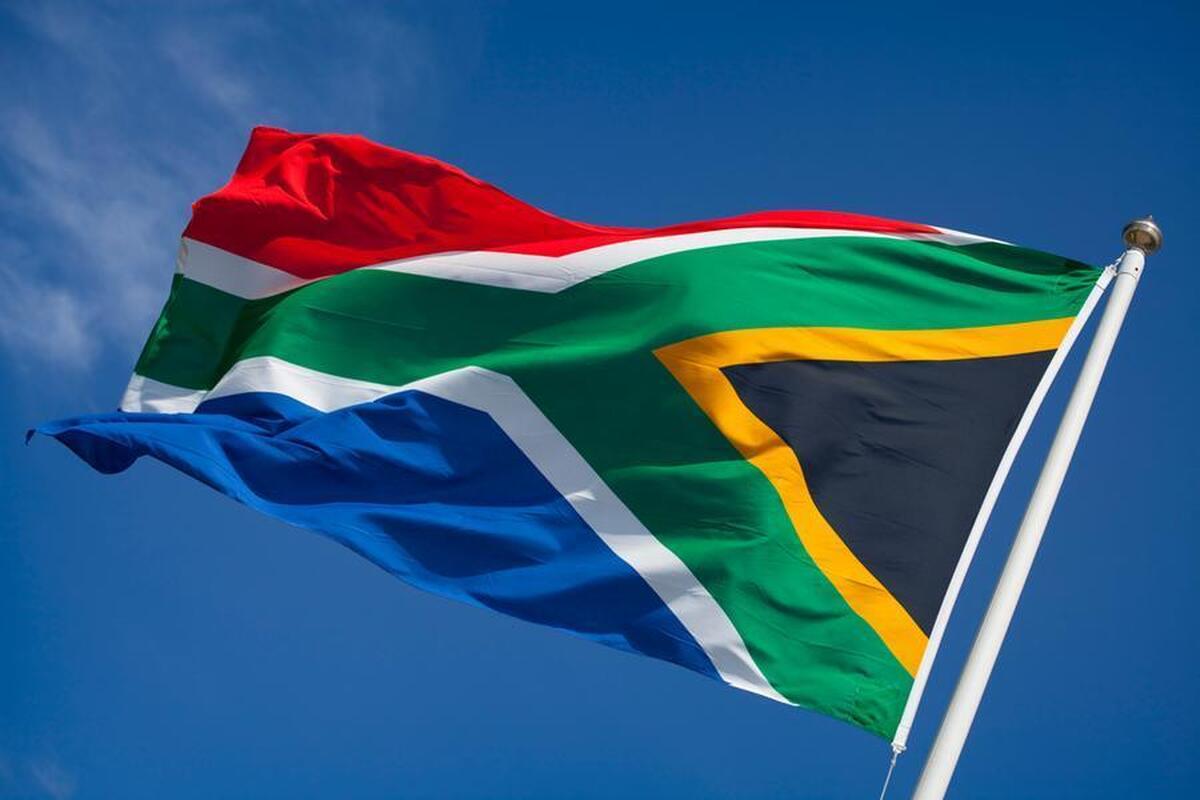Namibia Cuts Debt-to-GDP Ratio amid Economic Slowdown

In nominal terms, government debt increased 8 percent to 153.8 billion Namibian dollars (about 8.44 billion U.S. dollars), said Kazembire Zemburuka, director of Strategic Communication and International Relations of the Bank of Namibia.
The rise in debt was driven by increased issuance of Treasury Bills and Internal Registered Stock, as well as higher external debt due to exchange rate depreciation, funding from the KFW Development Bank, and a loan from the African Development Bank, Zemburuka said.
Meanwhile, Namibia's economy grew 4.7 percent in the first quarter of 2024, down from 5.3 percent in the same period last year. This weaker performance was attributed to reduced output in the primary and secondary industries, particularly in the diamond and uranium mining sectors.
Annual inflation eased to 5 percent in the first quarter of 2024, down from 5.7 percent in the previous quarter, mainly due to decreased food and beverage prices. Inflation is projected to slow further to 4.9 percent in 2024 and 4.5 percent in 2025, compared to an average of 5.9 percent in 2023.
4155/v
























